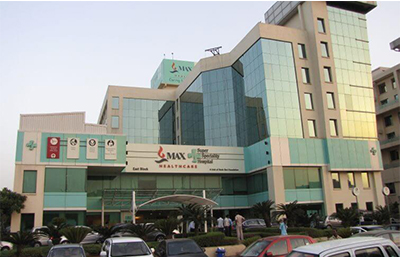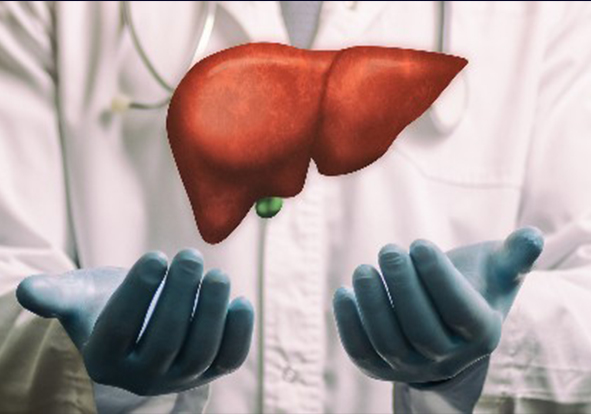Liver cancer is also called as hepatic cancer or primary liver cancer when cancer originates in the liver. If cancer starts in any part of the body and spreads to the liver, then the condition is called liver metastasis or secondary liver cancer.
The liver is the second largest organ in the body. It is present in the upper portion of the abdomen, below the diaphragm and above the stomach. The liver cells are called as hepatocytes. It consists of bile ducts that facilitate the flow of bile between liver, gall bladder, and the intestine.
It has several vital functions. It stores the nutrients absorbed from the intestine, removes toxic and chemical wastes from the body, metabolizes alcohol and drugs, makes the clotting factors that stop bleeding, and secretes bile into the intestine to help in the absorption of nutrients.
If the cancer originates in the hepatocytes, then it is called hepatocellular carcinoma. If cancer forms in immature liver cells, then it is called hepatoblastoma. If cancer occurs in bile ducts, then the condition is cholangiocarcinoma. Hepatoblastoma is mostly seen in children. Hepatocellular carcinoma is common among all the liver cancers. However, secondary liver cancer is common when compared to primary liver cancer. There are several other hundreds of minor salivary glands lining the parts of mouth, nose, and larynx and can only be seen under a microscope.
Symptoms
In the early stages, the primary liver cancer is asymptomatic in most of the cases. The symptoms of liver cancer include:
- Upper abdominal pain
- Loss of appetite
- Fatigue
- Unintentional weight loss
- Nausea and vomiting
- General weakness
- Abdominal swelling
- Jaundince
Risk Factors
Men and obese individuals are more likely to develop liver cancer. Chronic infection with hepatitis B or C virus, liver cirrhosis, diabetes, nonalcoholic fatty liver disease, exposure to aflatoxins (chemicals transmitted through food contamination by fungus, Aspergillus flavus), anabolic steroid use, inherited diseases such as Wilson’s disease, and excessive alcohol consumption increase the risk of liver cancer.
Causes
The exact cause of liver cancer is not known. However, according to the research studies, it is found to be caused by conditions such as chronic infection with certain hepatitis viruses. In general, cancer occurs due to mutations in the deoxyribonucleic acid (DNA) leading to the abnormal growth of cells resulting in the formation of a tumor.
Diagnosis
- Blood tests : Liver function tests are performed to detect abnormalities of the liver. Tumor markers such as alpha-fetoprotein (AFP) level in the blood is also determined for treatment decisions.
- Imaging Tests: Magnetic resonance imaging (MRI), computed tomography (CT), and ultrasound scans are performed to determine the type and stage or extent of the damage.
- Biopy: A piece of your affected liver tissue is sent for laboratory testing to confirm the diagnosis.
Treatment
The liver cancer treatment depends on the size, location, age, overall health, type and extent of the liver damage. The treatment for liver cancer includes:
- Surgery: Surgery is performed to remove the affected portion of liver if your liver function and overall health are good. Liver transplantation (replacement of diseased liver with a healthy liver) is also performed in cases of early-stage liver cancer.
- Localized Treatment:
- Radiofrequency ablation – a special probe is used to destroy the cancer cells with the help of heat
- Cryoablation – cancer cells are destroyed using extreme cold with the help of a special instrument called cryoprobe
- Radiation therapy – destruction of cancer cells or shrinking of tumors with the help of X-rays
- Chemotherapy: Anticancer drugs are given orally or intravenously to prevent the spread of cancer.
- Targeted drug therapy These drugs act by interfering with specific abnormalities within the tumor. They help to reduce progression and improve survival rate.
- Palliative care: Palliative care is the supportive care that is given while you are undergoing curative treatment such as surgery, radiation, or chemotherapy. This care is provided to alleviate your pain and symptoms.









